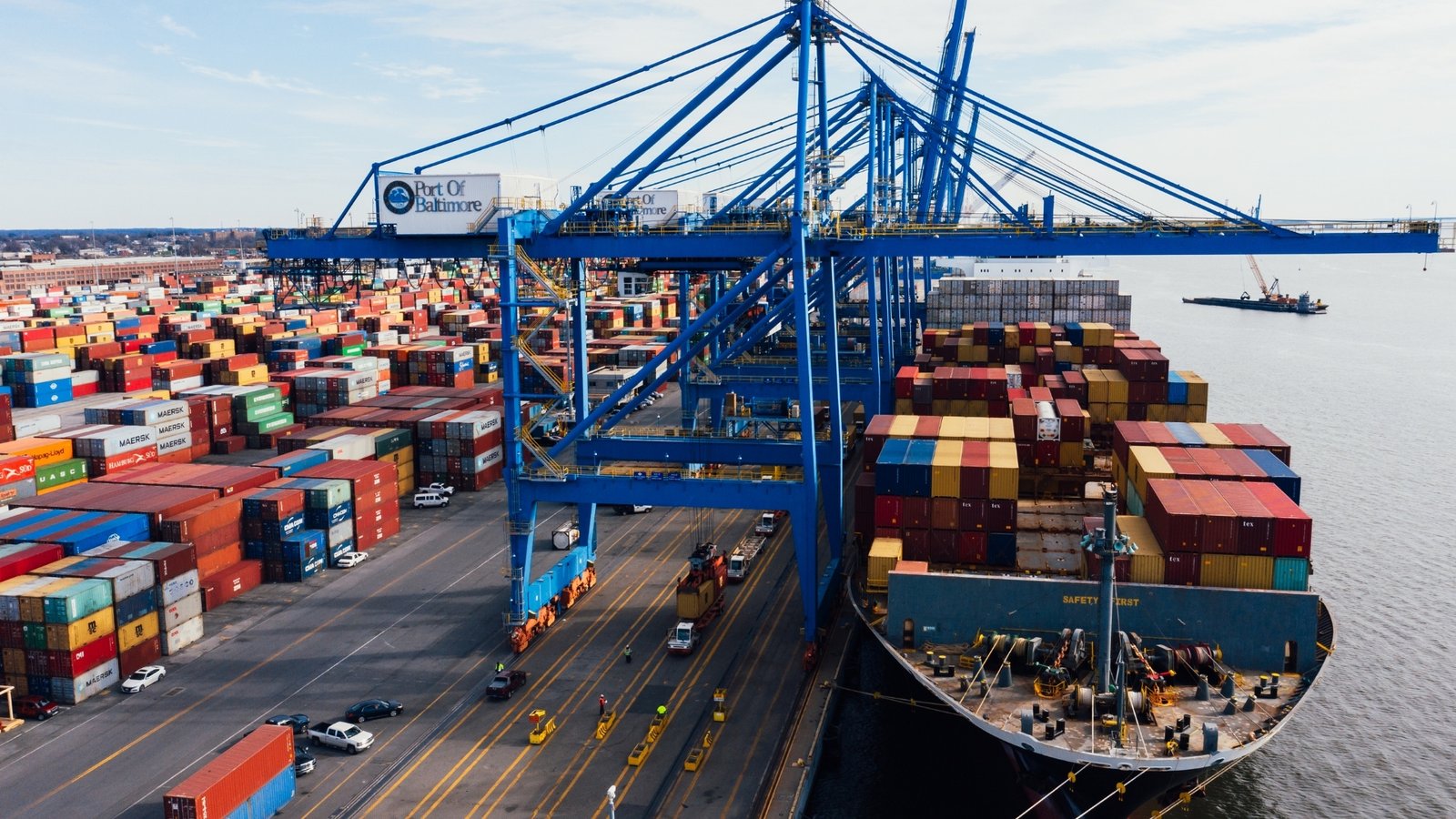Understanding the Workforce Landscape
The logistics industry is experiencing significant transformations, largely influenced by advancements in technology and shifts in consumer demands. As companies strive to enhance efficiency and adaptability, they encounter several workforce challenges. The need for skilled workers is at an all-time high, yet many organizations are struggling to attract and retain talent. This challenge is exacerbated by an aging workforce and increasing competition for qualified individuals.
Impact of Technological Advancements
With automation and digital solutions on the rise, workforce challenges in the logistics sector are magnified. While technology offers improved operational efficiencies, it also demands a workforce equipped with new skills. Many employees find themselves in a constant learning cycle, and companies must invest significantly in training and development programs to bridge skill gaps. Failure to do so could lead to a further shortage of talent as workers seek more stable environments that prioritize their career growth.
Strategies for Overcoming Workforce Challenges
To overcome these workforce challenges, logistics companies must adopt strategic initiatives. Emphasizing employee well-being, offering competitive salaries, and creating a culture of engagement are critical steps. Additionally, forming partnerships with educational institutions can provide a pipeline of skilled workers tailored to the industry’s needs. By investing in their workforce, companies not only enhance retention rates but also position themselves to better navigate future market demands.







